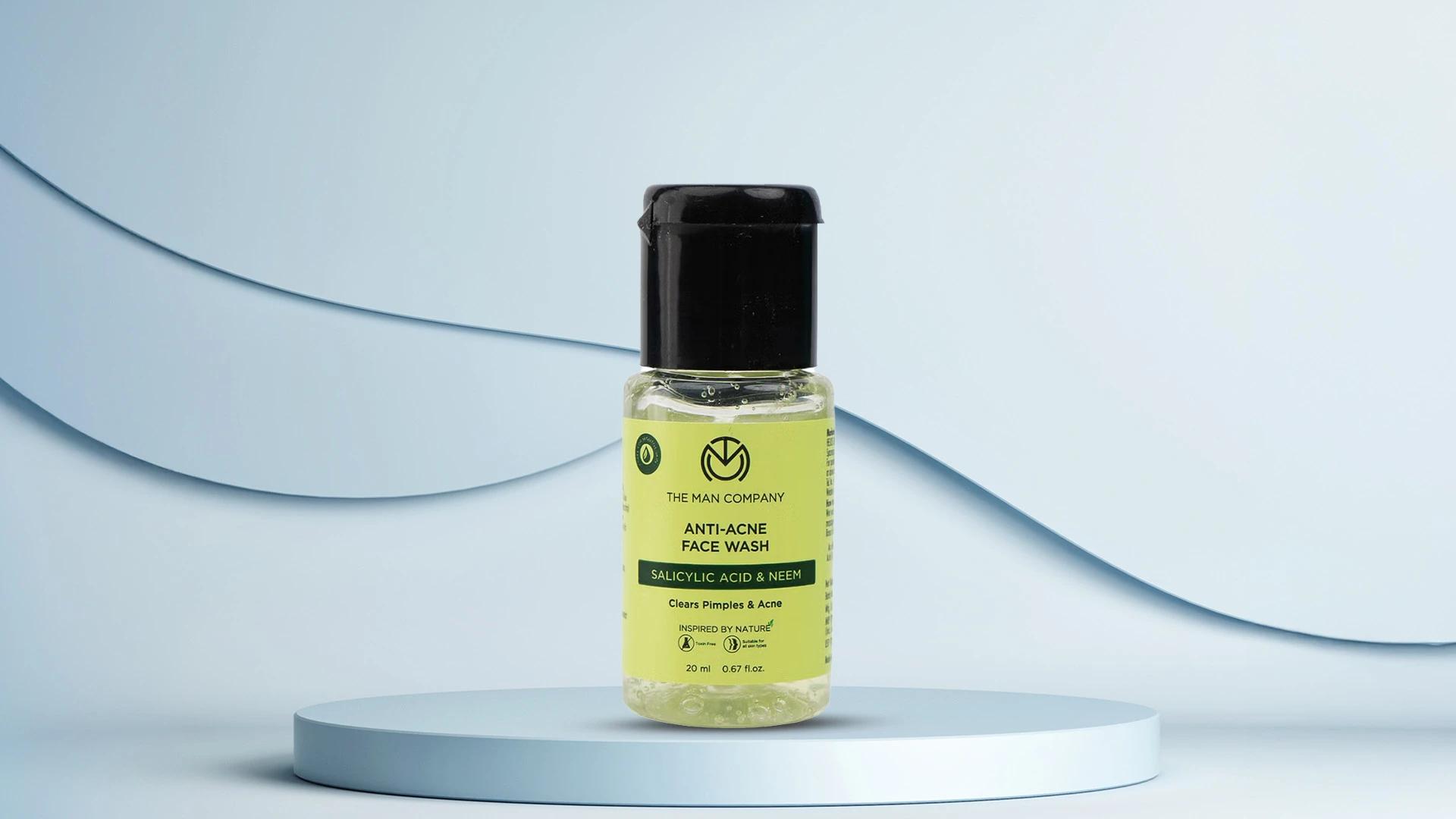Tea Tree Oil for Acne: Your Ultimate Skincare Checklist


 15 ml
15 mlTea Tree Essential Oil
Tea tree oil for acne has been making waves as one of those natural remedies for acne that just might become your next fave. Brimming with anti-inflammatory and antimicrobial properties, this essential oil for acne treatment offers a gentle yet effective way to combat skin blemishes and support a tea tree oil skincare routine that fits seamlessly into your daily ritual. Curious about how to use tea tree oil for acne safely? Read on for a comprehensive checklist that covers everything from its stellar benefits to smart usage tips—everything you need to achieve tea tree oil for clear skin naturally.
Tea tree oil is celebrated for its powerful properties that make it a go-to for tackling acne. This essential oil for acne treatment is loved for being a natural remedy for acne that not only fights bacteria but also soothes irritated skin. Its anti-inflammatory effects help reduce redness and swelling, making it especially appealing if you’re looking to try something new that might become your kind of pick.
Here are the standout features that highlight the benefits of tea tree oil for skin and why you might want to incorporate it into your routine:
If you have oily skin, tea tree oil for oily skin can be a game-changer. It helps balance excessive oil production and prevents clogged pores, ensuring you maintain a fresh and clear complexion without feeling stripped of moisture.
Integrating tea tree oil into your acne skincare routine is straightforward when you follow the steps. The key is to use it safely and effectively. Read on for clear directions on how to use tea tree oil for acne and take a mindful approach to this powerful natural remedy.
Never apply tea tree oil undiluted. Always mix it with a carrier oil, such as coconut or jojoba oil, to keep your skin happy and safe. A suggested ratio is 1–2 drops of tea tree oil per teaspoon of carrier oil, ensuring it is gentle enough, especially if you have tea tree oil for sensitive skin.
 100 ml
100 mlTea Tree Facewash For Acne & Pimples
Before adding tea tree oil for acne into your routine, perform a patch test. Apply a small amount of the diluted solution on a discreet area of your skin and leave it for 24 hours. This step helps you spot any potential irritation or allergic reactions before using it more liberally.
When treating a breakout, follow these straightforward steps for an acne spot treatment with tea tree oil:
Incorporating tea tree oil into your daily skincare routine is as easy as following a structured morning and evening regimen. This routine ensures you benefit from tea tree oil for acne consistently while keeping your skin well cared for.
Kickstart your day with a refreshing cleanse using a tea tree oil-infused face wash. It works wonders on oily skin by clearing impurities, then follow up with a lightweight moisturizer to lock in hydration, keeping your skin balanced right from the start.
At night, focus on targeted care by spot treating any troublesome areas with your diluted tea tree oil solution. After addressing active breakouts, pair it with a soothing serum or night cream to support skin repair and recovery while you sleep.
 75 ml
75 mlClear Skin Tea Tree, Neem & Aloe Vera Anti Acne Face Wash
Tea tree oil is versatile enough to work well across various skin types, but it’s essential to adjust its use according to your skin’s sensitivity and oiliness. The following sections explain how to tailor your routine.
If you have sensitive skin, use lower concentrations of tea tree oil for sensitive skin to avoid irritation. You can blend it with calming ingredients like aloe vera for extra protection and soothing comfort, making this natural remedy for acne even more user-friendly.
For those dealing with oily skin, tea tree oil is ideal as it targets excessive sebum production. This essential oil for acne treatment helps prevent clogged pores and reduces the risk of breakouts, setting you up for a cleaner, fresher look.
While tea tree oil is stellar for spot treatment, combining it with other oils can further help fade acne scars over time. The following are some top picks for acne scar reduction that might just become your new faves:
Curate your collection with these oils known for their supportive roles in scar healing:
 30ML
30MLCalming Acne Gel with Seaweed Extract & Tea Tree Oil
Like any active ingredient, using tea tree oil correctly is key. Here are some simple safety tips to ensure you get the most out of tea tree oil for acne without compromising your skin’s health.
Using too much tea tree oil can be counterproductive. Excessive application may lead to dryness or irritation, so it’s best to stick to 1–2 applications per day to maintain a balanced routine.
Always dilute your tea tree oil to prevent burns or unwanted skin sensitivity. This step is crucial, whether you’re using it as part of an acne spot treatment or blending it into your daily regimen.
Tea tree oil can reduce redness and swelling within 24–48 hours. However, complete healing often takes several days, depending on the severity of the pimple.
It’s best to avoid applying tea tree oil directly to a popped pimple because it may cause irritation. Instead, use a diluted solution to encourage proper healing and prevent further infection.
This checklist showcases the versatility and effectiveness of tea tree oil for acne. We’ve covered everything from its key benefits and how to safely use it to integrating it into both morning and evening routines. With a bit of care and smart application, tea tree oil for acne can be a reliable ally in your journey to clear skin. So why not try it all and see if it becomes your new pick for a naturally glowing complexion?